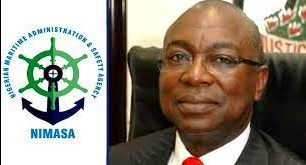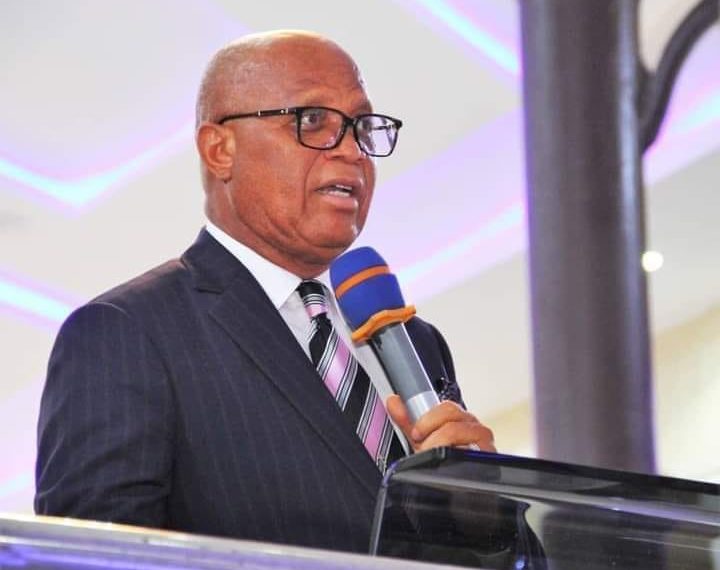 *Say it will create unprecedented industrial unrest
*Say it will create unprecedented industrial unrest
Eluonye Koyegwuaehi
04 July 2013, Lagos – NIGERIA Labour Congress, NLC, and the Association of Senior Civil Servants of Nigeria, ASCSN, have warned that the planned removal of the national minimum wage from the Exclusive legislative list to concurrent by the Senate, would spell doom for the nation.
NLC and ASCSN, called on the Senate to retrace its steps and be on the side of reason, people, justice and history by ensuring that the minimum wage law remained on the Exclusive List, in the interest of industrial peace and harmony, enhanced productivity and national security.
They argued that beside the issue of wages, other equally serious challenges of legislation included organisation and administration of labour relations justice system as contained in item 34, Exclusive Legislative List, Second Schedule, 1999 Constitution (as amended), stressing that It would be an invitation to confusion, chaos, possible anarchy in the polity and judicial nightmare.
In a statement by its President, Abdulwahed Omar, NLC expressed concern the moves by the Senate to remove the national minimum wage law from the Exclusive List in defiance of reason, popular opinion and protection of the interest of the weak and the vulnerable.
According to the Statement “The removal will unnecessarily expose Nigerian workers, especially, those in the low-income bracket with grave implications for security, productivity and national well-being, as most state governments if given the latitude, will pay wages as low as one thousand Naira per month in spite of the relative enormous resources available to them. This fear is justified or underscored by the reluctance or refusal of some of them to implement the eighteen thousand Naira minimum wage law. Even for some of them that implemented the law, it took a heroic struggle. Beside the issue of wages, lies other equally serious challenges of legislation, organisation and administration of labour relations justice system as contained in item 34 , Exclusive Legislative List, Second Schedule, 1999 Constitution (as amended). It will be an invitation to confusion, chaos, possible anarchy in the polity and judicial nightmare.”
“Accordingly, the Nigeria Labour Congress is strongly opposed to the putting on the Concurrent List the minimum wage law. It will be recalled that in our memorandum to the National Assembly on the review of the 1999 constitution, we had canvassed for the retention of the law on the Exclusive List for the following reasons: To ensure a minimum national standard as in most civilized economies; and to secure protection for the weakest and most vulnerable workers. We had explained that even in countries with shared jurisdiction as in the United States, the minimum wage prescribed by the states is much higher than the national one. We also advised that the issue of the minimum wage protection for workers should not be confused with the issue of fiscal federalism as the Chairman of the Governors’ Forum was oft heard to say that the prescription of a national wage by the federal government violates the principle of true federalism.”
On its parts, highlighting the flaws inherent in the Senate’s proposed amendment in which wage would be removed from the Exclusive Legislative List in the Second Schedule of the 1999 Constitution as amended and placed in the Concurrent Legislative List, ASCSN Secretary-General, Alade Bashir Lawal, in a statement, argued that such action would further impoverish workers and their dependents as many State Governors would want to pay as low as N5,000 Minimum Wage to their workers.
ASCSN recalled that a recent Report by the National Bureau of Statistics, NBS, showed that about 112 million Nigerians were living below poverty line and advised the senate to focus more on how to alleviate poverty among the citizens instead of being preoccupied with how to compound their poverty.
The body contended that if Wage was deregulated, it would affect related matters in item 34 on the Exclusive Legislative List in the Second Schedule of the 1999 Constitution such as Labour including trade unions, industrial relation; conditions, safety and welfare of labour; industrial disputes; prescribing a national minimum wage for the federation or any part thereof; and industrial arbitration.
According to the statement “If these matters are deregulated, how many trade unions, how many minimum wage, how many arbitration panels, how many workmen compensation acts, how many factory acts, will emerge in the 36 States of the Federation. Since the 2011 National Minimum Wage of N18,000 per month was signed into law by President Goodluck Jonathan, many State Governors have refused to implement it but prefer to be paying their workers peanuts. Since most of the Senators were sponsored by the State Governors, it is not unlikely that they are under pressure to deregulate wage so that their principals can begin to pay paltry sums as salaries far less that the N18,000 monthly National Minimum Wage to their workers.”



